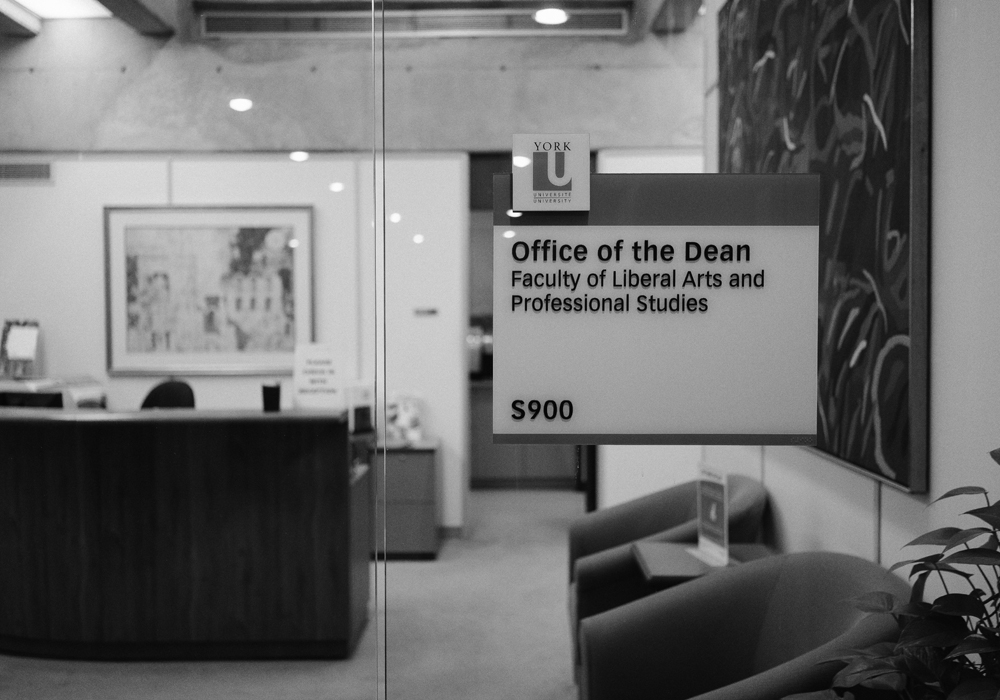The debate on the relative merits of a humanities versus a science degree continues at York.
Tom Cohen, a humanities professor and the chair of the Committee on Teaching, Learning and Student Success in the Faculty of Liberal Arts and Professional Studies, says it’s more difficult to quantify success in humanities than in science fields.
However, one strength need not undercut another. One proposed solution is a “bridge” program, in which “soft” humanities are combined with “harder” pre-professional streams.
LAPS Dean Ananya Mukherjee-Reed says connecting liberal arts and professional programs is a major element in planning.
“It is clear that the need today is for students who are both thinkers and doers,” she adds.
“Some of our most successful alumni have combined our programs to obtain this breadth. We are working on making these choices easy and more visible to students right from the time of recruitment.”
According to Cohen, York is trying to move up in university rankings while facing a number of structural problems.
“Rankings are subtle and in some ways, self-referential,” he says.“Now one part of ranking is reputation, and when I am asked, I refuse to play along.”
The question of “which university is best” in any given field is absurd in his view.
“I have not the faintest idea,” he says. “I know scholars here and there. But I know little about their colleagues, their students, their facilities, their morale, their human decency, their intellectual spirit, or their sense of fun.”
As a professor at York since 1969 and historian for over 50 years, Cohen says if he doesn’t know now, he never will.
Cohen states the reputation part of ratings is just “pure hogwash” and York cannot afford to play the ratings game either in Canada or globally.
Meanwhile, York tries its luck when it comes to counting dollars and publications. Cohen says it’s a lot harder in the humanities, where journals are not so easily ranked and the ranking habit is unusual.
“As York is humanities-heavy, it is a bit less well-placed in the race for metrics,” says Cohen.
Moreover, many humanists (people in the humanities) don’t require much cash. While a social scientist needs considerable grants to organize a survey and draw out results, a humanist can do “splendid work” with a volume of poetry at a much lower cost.
Mukherjee-Reed agrees there are limitations to comparing disciplines in terms of research outputs.
Although York’s cash flow cannot match other universities with big science and medicine establishments, Cohen says York can expand science and technology disciplines.
“I am a great believer in the value of dialogue among the sciences, social sciences, and humanities. All knowledge does connect,” he adds.
The mood among students is pragmatic, says Cohen.
“York’s student body is full of new Canadians whose immigrant parents have made great sacrifices to advance their kids, and they want that sacrifice to pay off, so they push their student offspring to take courses that will help solidify the family’s arrival in Canada.”
“So there is a continent-wide drift away from the seemingly impractical humanities,” adds Cohen.
Notably, York is pushing experiential education, a high priority for LAPS, to meet students’ practical concerns.
“For this, I have established a small fund to support the development of placements, internships, or similar opportunities,” says Mukherjee-Reed.
Alex Kvaskov, Assistant News Editor
Featured image courtesy of Michael Zusev


